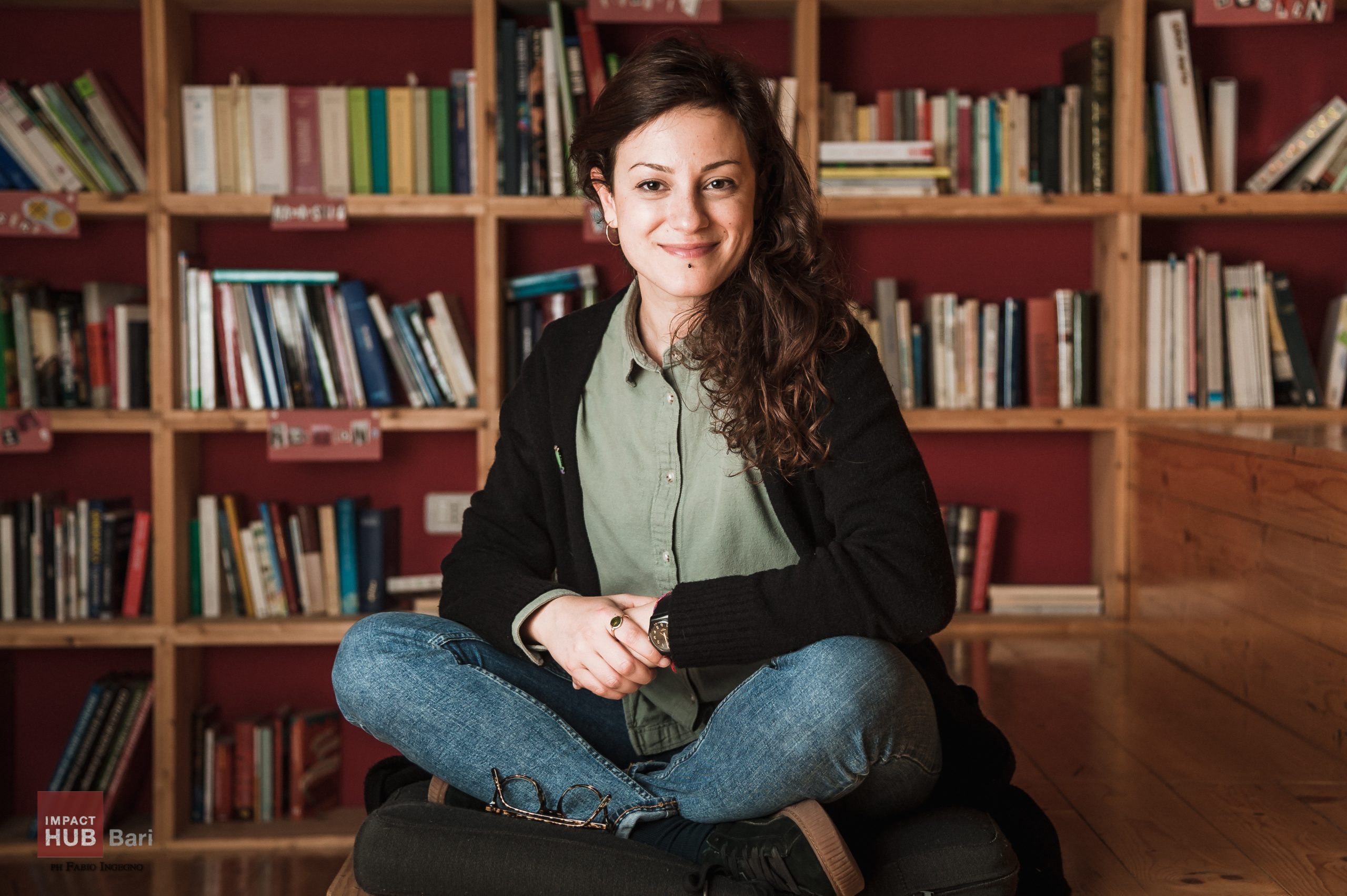1. What was the main question in your dissertation?
In my dissertation, I tested the possibility that people may process and remember new words differently depending on the social identity of the speaker. Specifically, I looked at differences due to group membership. This refers to being a member of a particular social group. People in your social group are in-group members, and other people outside your social group are referred to as out-group members. An example would be group membership based on the school or university you have attended. An interlocutor can be considered an in-group member, because they attend the same university as you, or an out-group member, if they study at a different university.
Many theories about how people process language assume that it is only the linguistic information (e.g., words) that is stored in memory, and that information about the context and the identity of the speakers is filtered out. Yet, a few studies in social psychology showed that group membership is a very salient information that can influence preferences, memory and attention. In-group members are preferred over out-group members, receive more attention and are remembered better.
3. Why is it important to answer this question?
Obviously, language serves a communicative purpose and thus occurs in social settings. Particularly, the dynamics in these social settings can influence who we talk to, and about what. Testing if interacting with in-group vs. out-group members changes the way we remember new information allows us to understand biases connected to prejudice, stereotypes, racism, and preference towards those that are similar to us. Knowing this, we can then design practices that can help overcome those biases.
4. Can you tell us about one particular project?
When our participants, Radboud University students, learned labels for new, uncommon gadgets (such as a lepelklem), they paid more attention to the speaker when they were an in-group member (another Radboud student) than when they were an out-group one (from a different university). This was measured with a source memory test, a test that checks if people remember who said what. However, this was only the case for people who came to the lab already with a strong preference towards in-group membership – as tested via a different task.
5. What was your most interesting/ important finding?
One unexpected finding is that there is no difference due to group membership in how people’s brains react to newly learnt words. This is interesting, because we found in a previous study that memory for words is indeed influenced by the group membership of the speaker. One potential explanation for these contrasting results is that long, intense training, like the one people received in the study where we found no effect, may reduce initial memory differences. This explanation has not been tested yet, but it could help understand how to overcome biases connected to stereotypes and racism, namely with extensive exposure to the out-group.
6. What are the consequences/ implications of this finding? How does this push science or society forward?
My studies are only a first attempt to understand whether social effects of group membership influence how people learn new words, looking at memory, processing and attention. To acknowledge that a research agenda in this direction is needed is already a step ahead. That was already an achievement! Yet, more research on the intersection between social psychology and cognitive sciences is needed to move forward.
7. What do you want to do next?
I would like to apply what I learned during my PhD, in terms of content and skills, to more practical real-life situations. Now, I work as a behavioral insight researcher for a company called Digital Attitude. We develop digital support for enterprise e-learning and I focus on researching and understanding how users behave with our products and why.
Read more
– Link to dissertation
Interviewer: Merel Wolf
Editor: Julia Egger
Dutch translation: Caitlin Decuyper
Germantranslation: Greta Kaufeld
Final editing: Merel Wolf

